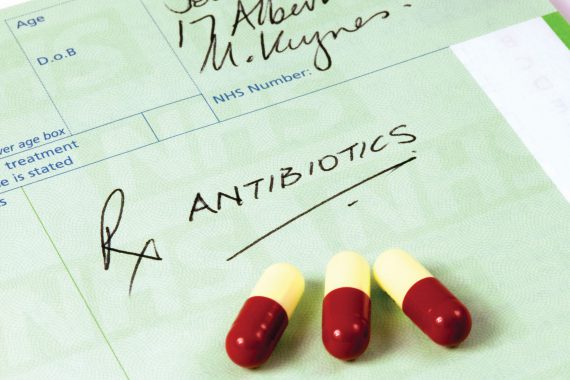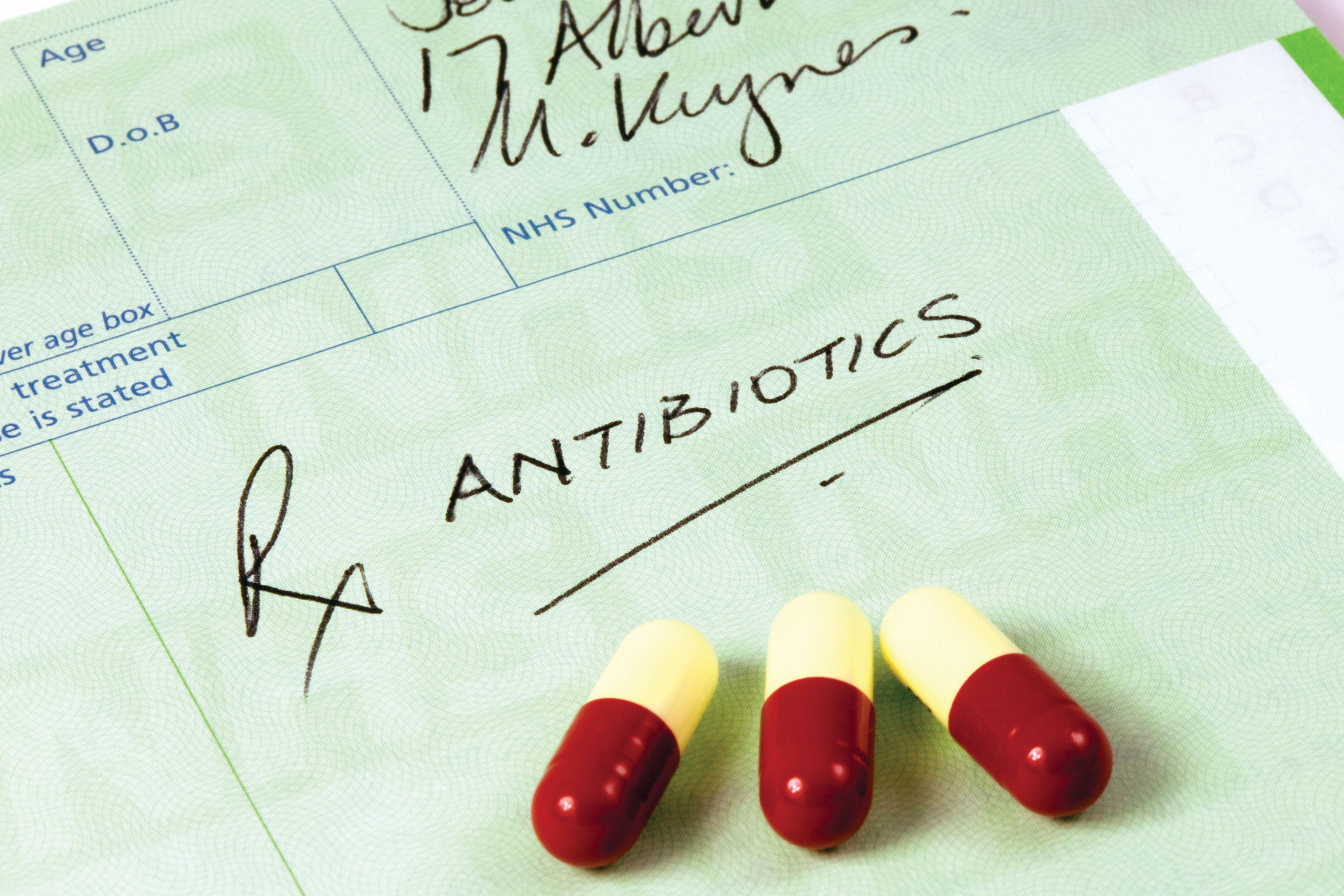Clinical round-up: all the new papers and drug changes this month


Antibiotics scripts ‘boost patient ratings’
GP practices’ patient satisfaction scores decline with lower antibiotic prescribing, according to new research.
Researchers found antibiotic prescribing volume was a major determinant of ‘GP satisfaction’ scores in the General Practice Patient Survey. The number of antibiotics a practice prescribed also determined patients’ satisfaction with the practice as a whole, although to a lesser extent than their rating of individual GPs.
The team estimated that practices who prescribed fewer antibiotics than the national mean could expect between 0.5% and 1.0% lower satisfaction scores.
Study lead Dr Mark Ashworth, a GP and lecturer at King’s College London, said: ‘As practices have relatively similar satisfaction scores, this has a bigger impact overall, corresponding to a drop of 3-6 centile points in national satisfaction ranking.’
RCGP vice-chair Dr Tim Ballard said: ‘[It is] concerning that patients associated a prescription for antibiotics with a satisfactory visit to their GP, particularly as we know that in many cases antibiotics are not appropriate forms of treatment and could actually do more harm than good.’
BJGP 2015; online 7 Dec
Limited evidence for Ritalin, GPs warned
GPs have been warned to be cautious about prescribing methylphenidate (Ritalin) for ADHD.
Authors of a new Cochrane review said the evidence was still not clear whether methylphenidate helps to reduce ADHD symptoms, while some studies showed it was linked with sleeplessness and loss of appetite.
The meta-analysis included data from 185 randomised trials involving more than 12,000 children and adolescents with symptoms of ADHD.
It showed methylphenidate led to modest improvements in ADHD symptoms and general behaviour as reported by teachers, and quality of life as reported by parents, but children were more likely to experience sleep problems and loss of appetite with the drug.
Researchers said the quality of the trials was ‘very low’, with a ‘serious’ risk of bias, a lack of full reporting of outcomes and large variation in the results between trials.
Co-author Camilla Groth, a doctoral student from Herlev University Hospital in Denmark, said: ‘This shows very limited quality evidence for the effects of methylphenidate on children and adolescents with ADHD. Some patients might benefit, but we still don’t know which.’
Cochrane Database Syst Rev 2015, online 25 Nov
Vouchers ‘help pregnant smokers’
Giving shopping vouchers to pregnant women as an incentive to stop smoking is ‘highly cost effective’, say researchers from the University of Glasgow.
The cost-effectiveness ratio of giving vouchers was found to be £482 per QALY, well inside NICE’s recommended threshold of £20,000.
The report was based on a trial of 600 pregnant smokers, half of whom received up to £400 in vouchers for quitting during pregnancy.
Those offered financial incentives quit at a much higher rate (22.5%) than those not offered incentives (8.6%).
Self-reported relapse rates six months after giving birth were also much lower among those women who had received the vouchers at 33%, compared with 54% who did not receive vouchers.
Addiction 2015, online 11 Nov
Four-month wait for psychological therapy
The waiting times for the first treatment under Improving Access to Psychological Therapies are as long as four months in some areas of the country.
The annual report from the Health and Social Care Information Centre showed the longest average waiting time from referral to first treatment was 124.1 days at NHS Blackpool CCG; the shortest was 6.7 days at NHS Dudley CCG.
The proportion of patients recorded as having recovered after completing treatment under IAPT in 2014/15 ranged from less than one in five, to almost seven in 10, with a 44% average across England.
HSCIC statistician Dominic Gair said: ‘This report will enable commissioners and care providers to review access to psychological therapies in their areas, which should be useful when planning services for patients in the future.’
HSCIC 2015, online 24 Nov
Therapeutics update
SMC approves ivermectin (Soolantra)
The Scottish Medicines Consortium has this month approved ivermectin, used to treat skin lesions that can occur in rosacea. The drug was accepted for treatment of patients who have moderate to severe inflammatory lesions.
European Commission grants licence to idarucizumab (Praxbind)
Idarucizumab, the first specific reversal agent for a NOAC, has been granted a licence by the European Commission. The drug works to reverse the effects of dabigatran in cases of emergency surgery or uncontrolled bleeding.
High-strength Fostair available for asthma treatment
A high-strength formulation of beclametasone/formoterol (Fostair) 200/6 is available for asthma maintenance treatment in adults when a combination of inhaled corticosteroid and long-acting β-2 agonist is appropriate, and treatment needs to be stepped up.
The drug will be available at the same price as the medium-strength dose of Fostair.
Government grants licence to e-cigarette
The Medicines and Healthcare products Regulatory Agency has licensed the first e-cigarette, which can be ‘prescribed alongside existing nicotine replacement therapies’. The ‘e-Voke’ device will also be available to be on general sale, as well as on prescription through smoking-cessation services.









